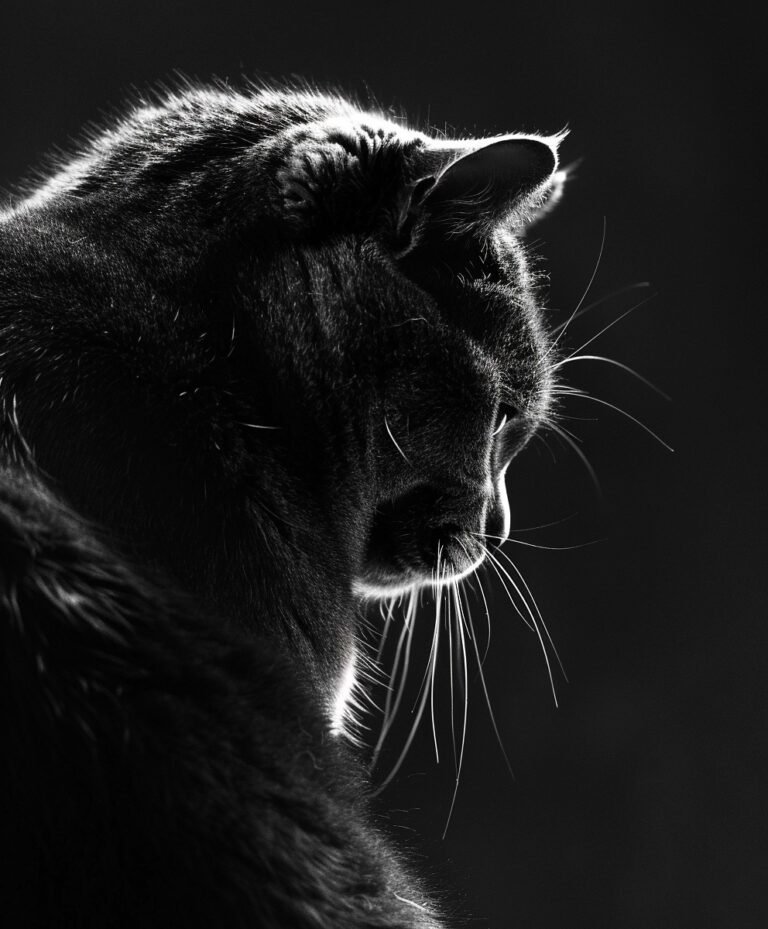
Pancreatic Cancer in Cats: Understanding Symptoms and Treatments
Pancreatic cancer in cats can cause symptoms such as weight loss, vomiting, and lethargy. Treatment options include dietary changes, medications, and surgery to manage the disease.

Pancreatic cancer in cats can cause symptoms such as weight loss, vomiting, and lethargy. Treatment options include dietary changes, medications, and surgery to manage the disease.

Mirtazapine is an antidepressant medication commonly used in veterinary care to treat anxiety, appetite stimulation, and nausea in cats. It enhances serotonin and norepinephrine levels.

Enalapril is an ACE inhibitor used to treat heart issues in cats, improving heart function by reducing blood pressure and alleviating symptoms of heart disease.

Low blood sugar in cats, or hypoglycemia, can cause symptoms like weakness, disorientation, and seizures. Immediate veterinary care is essential for effective treatment and management.

Cats provide emotional support and promote healing, alleviating stress and anxiety, enhancing well-being, and serving as therapeutic companions in clinical settings and everyday life.

Outdoor cats significantly impact wildlife populations, posing threats to birds and small mammals while raising concerns about balancing feline freedom with ecosystem health and conservation efforts.

Prednisone is a corticosteroid medication commonly prescribed for cats to reduce inflammation and treat autoimmune diseases, allergies, and certain types of cancer effectively.

Furosemide is a diuretic used in veterinary medicine to treat fluid retention and heart conditions in cats, improving their overall health and comfort.

Vestibular disease in cats affects balance and coordination, presenting symptoms such as head tilt, loss of balance, and disorientation. Treatment options vary based on underlying causes.

The Cheshire Cat is a character known for its elusive grin and ability to appear and disappear at will, symbolizing mystery and ambiguity in literature.